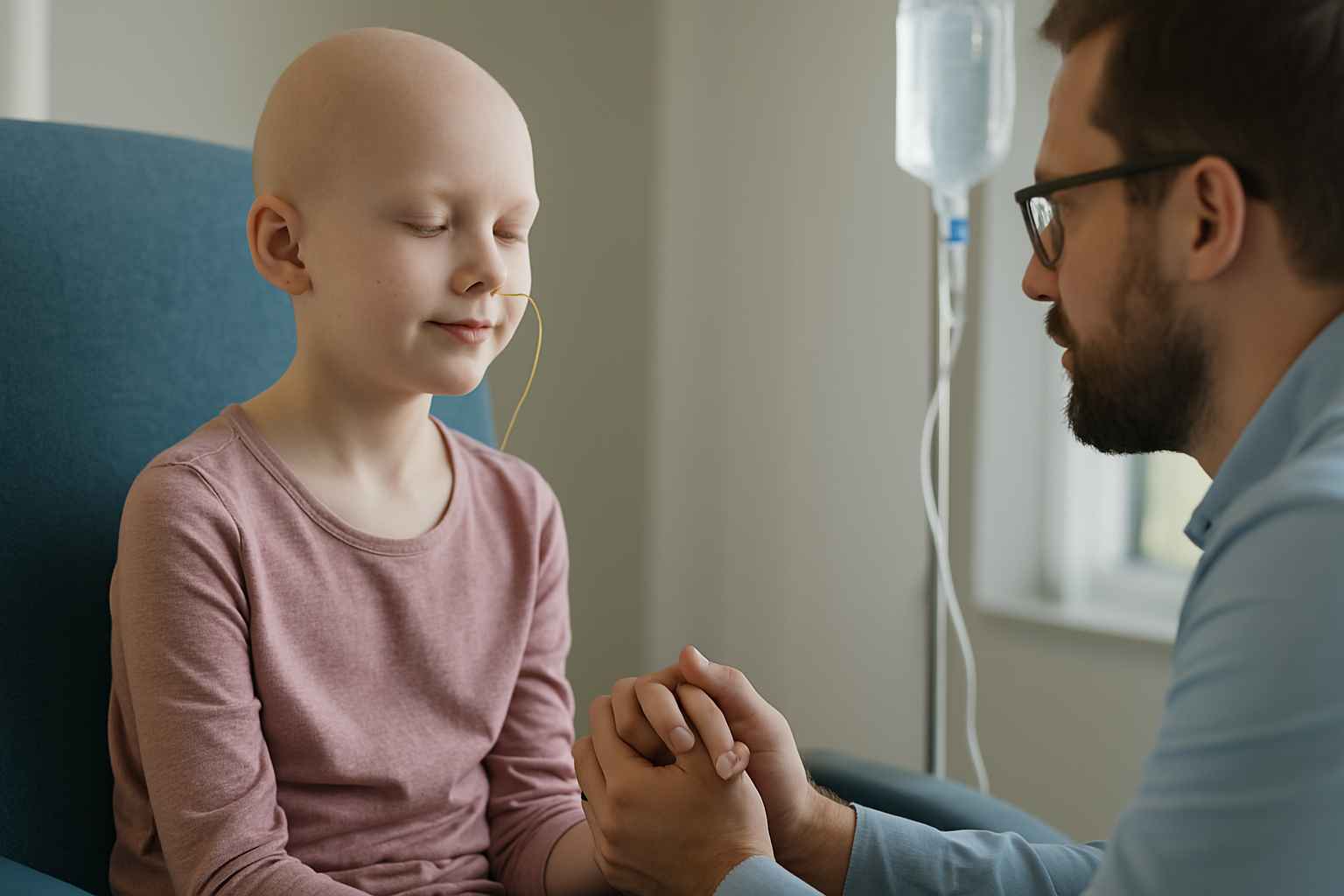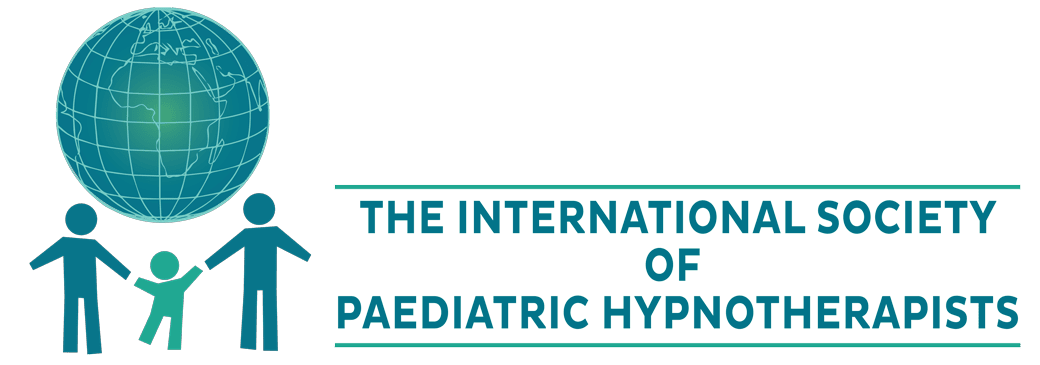A Gentle Power in the Face of Fear
When a child is diagnosed with cancer, the focus of care rightly turns to survival and treatment. Yet the emotional and physical toll on young patients is immense.
Medical procedures such as blood draws, chemotherapy, and radiation therapy can trigger significant fear, anxiety, and pain. For many families, the daily distress becomes an additional burden atop the illness itself.
In this intense context, hypnosis has quietly emerged as a valuable, evidence-based way to reduce procedural distress in children facing cancer.
The pioneering research of Hilgard and LeBaron in the 1980s laid the foundation for understanding how hypnosis could provide comfort, empowerment, and even relief during some of the most frightening moments of treatment.

The Research Behind the Practice
Josephine Hilgard and Suzanne LeBaron were among the first researchers to systematically evaluate the use of hypnosis in paediatric oncology. Their studies focused on helping children cope with pain and anxiety during cancer treatments. They found that children who received hypnosis reported significantly less pain, distress, and emotional upset compared to those receiving standard care.
Rather than relying solely on pharmacological solutions, the researchers introduced guided visualisations and hypnotic techniques to help children redirect their attention, manage discomfort, and feel emotionally safe. These interventions were not only effective in the moment but also helped children avoid developing traumatic associations with future procedures.
How Hypnosis Helps in the Oncology Setting
In paediatric oncology, children often undergo repetitive and invasive procedures. Fear of needles, nausea from chemotherapy, and the disempowerment that comes with repeated hospital visits can wear down even the most resilient child. Hypnosis, when used by a trained professional, helps children tap into their inner world to create feelings of calm and safety.

Sessions might involve imagining a protective shield that blocks pain, a journey through a healing forest, or a scene where the child gains control over a fearful situation.
These images are not just soothing, they are neurologically effective. The brain can be guided to reinterpret pain signals and reduce the body’s fight-or-flight response.
Children using hypnosis often report feeling braver, more capable, and better able to tolerate uncomfortable experiences. Their breathing slows, their muscles relax, and their distress levels drop dramatically.
For children undergoing frequent procedures, this means less anticipatory anxiety and fewer behavioural reactions such as crying, freezing, or resisting.
“In the middle of real suffering, we can still offer moments of peace. Hypnosis is not about escape, it’s about creating safety within.”
Paul White, TISPH Founder
Real Benefits, Real Relief
The psychological toll of cancer treatment is often underestimated. Children may become withdrawn, develop needle phobias, or experience nightmares and anxiety before appointments. By addressing these emotional responses directly, hypnosis helps children not only cope but build resilience.
Parents, too, benefit. Seeing their child calmly handle a previously terrifying experience can bring immense relief. It also changes the emotional climate of the hospital experience. Instead of bracing for battles, families can begin to approach treatment with more hope and less fear.
An Empowering Complement, Not a Replacement
It is important to note that hypnosis is not a substitute for medical treatment. Rather, it is a powerful complement. When used alongside appropriate medications and clinical care, hypnosis enhances the overall experience and outcomes for children. In some cases, it may reduce the need for sedation or pain medication, but more often, it works by changing how the child perceives and responds to discomfort.
Many paediatric oncology units are now incorporating psychological services, including hypnotherapy, into their care plans. This holistic approach recognises that emotional wellbeing is a vital part of healing, not an optional extra.
How Parents Can Get Involved
If your child is facing cancer treatment, ask your care team whether therapeutic hypnosis is available. If not, you can seek out qualified paediatric hypnotherapists independently. Look for professionals trained by organisations such as the International Society of Paediatric Hypnotherapists (TISPH), who understand how to safely and effectively work with children experiencing serious illness.
Parents can also support the process by reinforcing relaxation strategies at home. Listening to calming audio stories, practising simple breathing techniques, or using visual cues like a soft toy or comfort object can all extend the benefits of a hypnotherapy session into everyday life.
Long-term Emotional Protection
One of the most important benefits of hypnosis in paediatric oncology is its protective effect on the child’s mental health. Children who learn to self-soothe and feel emotionally safe during procedures are less likely to develop trauma responses. This means fewer phobias, reduced risk of medical PTSD, and a greater sense of self-mastery that can last well beyond treatment.
“Therapeutic hypnosis gives children a sense of agency when so much feels out of their control. That sense of control can be the beginning of healing.”
Paul White, TISPH Founder
A Compassionate Practice Backed by Science
Hilgard and LeBaron’s work in the 1980s might have been ahead of its time, but modern neuroscience has since caught up. We now understand that the brain’s perception of pain and fear can be shaped by suggestion, attention, and emotional framing. Hypnotherapy activates brain regions associated with focused attention and dissociation, helping the child shift from panic to calm, from helplessness to empowerment.
Conclusion
Cancer treatment will never be easy for a child, but it does not have to be terrifying. The use of hypnotherapy in paediatric oncology offers a gentle, compassionate way to reduce suffering and support emotional resilience. Backed by decades of research and grounded in modern psychological understanding, hypnosis helps children face even the most daunting procedures with courage.
For parents, it is one more way to support your child’s wellbeing during an incredibly difficult time. It brings comfort, hope, and the powerful message that healing is not only physical, but emotional too.
Research Reference
Hilgard, J. R., & LeBaron, S. (1984). Relief of anxiety and pain in children with cancer through hypnotic techniques. Journal of Pediatrics, 104(6), 926-929. https://doi.org/10.1016/S0022-3476(84)80503-9
